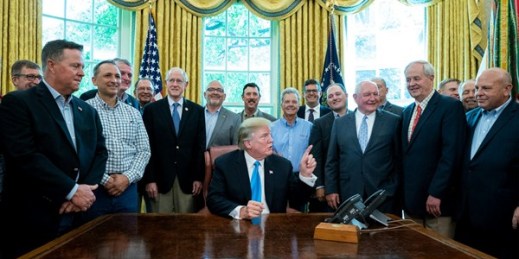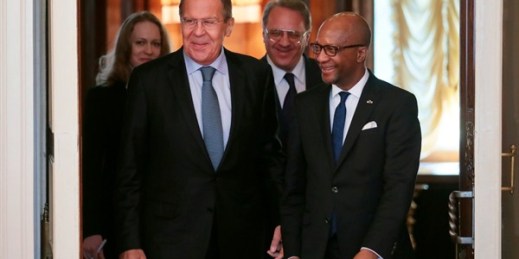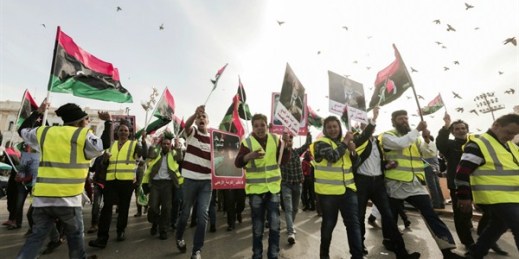
President Donald Trump’s policies to “make America great again” often reflect a fondness for an earlier era that was not so great for everyone. Some of his judicial nominees have declined to affirm that the Supreme Court’s ruling in Brown v. Board of Education, which struck down segregation in public schools, is the settled law of the land. Trump’s immigration policies hark back to a time when there were national quotas that favored some ethnic groups over others. Recent trade developments also suggest a yearning for the golden days of yesteryear. The 1950s are widely remembered as a time of […]



